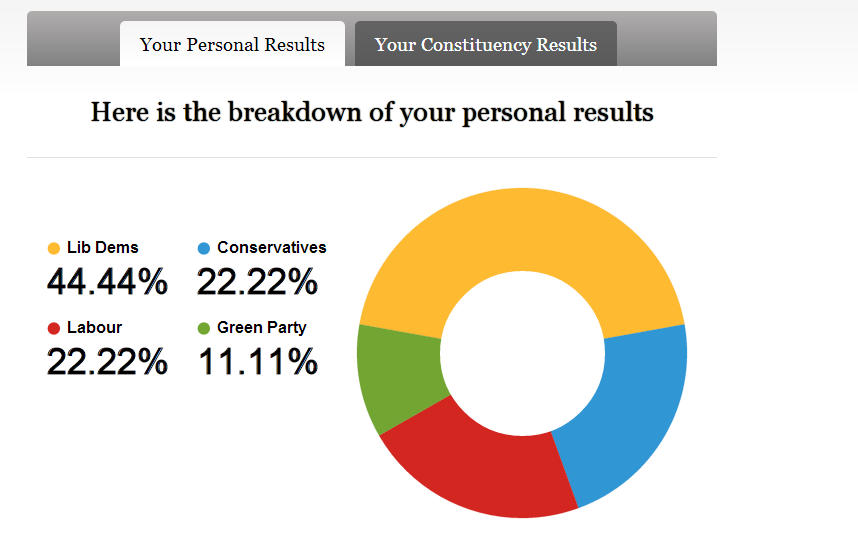News Desk |
On the 25th of July, the whole world witnessed the second consecutive civilian transfer of power in Pakistan. There are good reasons to hope that democracy will be further strengthened if this continues. With each transfer of power, the institutions responsible for governance go through another iteration of what may be called the policy cycle. Mistakes are made. Officials concerned learn from those mistakes. This adds to institutional memory, which is supposed to strengthen democratic institutions.
When the US came into being, its first president George Washington not only gave up his uniform but also made sure he sets a precedent of not ruling for more than the designated number of presidential terms.
All we have to do is keep repeating this cycle for the foreseeable future. Overtime, a new generation of government officials would be running civilian institutions. Institutional memory will thus be cemented. Or so the theory goes. However, there is one problem that many fail to notice in Pakistan. It is a recurring issue and lots of people might not even consider it as such. It is the personalization of politics in Pakistan.
Read more: Who are the ‘aliens’ in Pakistani politics?
Consider the following scenario. The PTI governs Pakistan for the next 5 years via some coalition. We go through another election cycle. And then another. Will the current leadership of the PTI still be in charge then? Or more specifically, will Imran Khan still be leading the party? What if he isn’t? Will the party’s support base crumble without Imran Khan at the helm of affairs? Consider the Pakistan Muslim League-N. The N stands for Nawaz. The leader of the party is behind bars. Yet the party still rallies around him. The new head of PML-N, Shahbaz Sharif, makes it no secret that he still believes Nawaz is the leader.
Our political parties are grounded in personalities, not values. It should be the other way around. When Abraham Lincoln was assassinated, his supporters and party members didn’t raise the slogan “Lincoln aj b zindahy”. They understood what values he stood for. And they stuck to those values. It is true, however, that many today sometimes refer to the Republican party as the party of Lincoln. Or more recently, as the party of Reagan. But that is done only in a specific context. It doesn’t mean the party’s center of gravity is one individual.
What does it mean to have personalities at the center of political parties? What effect does it have on our country’s politics? The most obvious problem with this is that parties can’t function without the party head. For example, take a look of the Pakistan Peoples’ Party. Is it possible that a party leader who is not a family member of the Bhuttos becomes leader of the party? Is it also possible that such an individual might be a better leader than those that come with the family tag with them? The same can be said for virtually all parties.
The second effect of having one individual around which the party pirouettes is that it muddles the policy debate we need to have before each election. We have had three elections in the past ten years. What was the nature and quality of debate around policies before election? One would be hard-pressed to confirm if such a debate even occurred. Mostly, we get mudslinging and narrations of previous achievements by parties on the campaign trail.
Mistakes are made. Officials concerned learn from those mistakes. This adds to institutional memory, which is supposed to strengthen democratic institutions.
Do we want a policy of tricke-down economics or supply-side economics? What’s our environmental policy? Are on track to meet COP21’s targets on mitigating climate change? How do we improve the civil service of Pakistan? What are the key foreign policy challenges that we face as a nation? An intelligent debate around such key issues is always lacking before our elections which is supposed to be the ideal time for having this debate. We never have these discussions because politics in our country revolves around personality. You are more likely to find people interested in talking about what allegations Reham Khan has leveled against Imran Khan in her new book than about the policy failures or successes of the previous government.
Read more: Pakistani politics risks heightening regional tensions?
One of the main reasons for personalization of politics in Pakistan is that a large portion of our population is uneducated and illiterate. It would be unfair to expect such populace to understand key issues of policy. Politicians, in order to gain votes, thus find it more convenient to sling mud at their opponents; promise to solve local problems around land and petty crimes and list down past achievements in completing mega-projects. Mega infrastructure projects or an increase in government salaries are visible, tangible achievements that politicians bank on to gain votes.
So how do we get out of this situation? One can look at the history of other countries to learn from them. When the US came into being, its first president George Washington not only gave up his uniform but also made sure he sets a precedent of not ruling for more than the designated number of presidential terms. Many historians argue that he could’ve ruled like a King if he wanted to. He was a military hero who led the Americans to victory against the British forces in battle. But Washington made sure he brought himself under institutional limits.
This brings us back to the question of strengthening of civilian democratic institutions in the country. When personalities don’t rise above politics, it becomes possible that they also don’t rise above institutions. Respect for institutional frameworks for transfer of leadership within parties to the one most suited for it allows for political leaders who will not violate the sanctity of the country’s institutions. For this to happen, leadership of the likes of George Washington is required.













